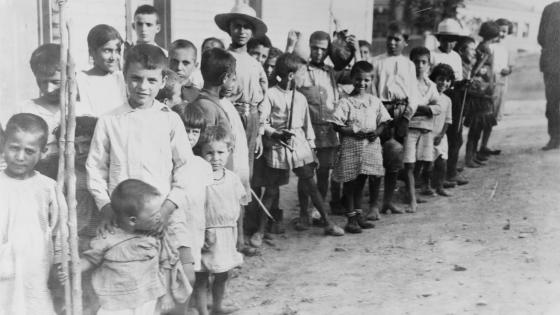DP19296 Financial Security, Climate Shock and Social Cohesion
This paper examines the link between financial security and social cohesion, in a low- income setting where cohesion is crucial: the integration of refugees into ultra-poor host communities in the developing world. We first generate an exogenous shock to financial security by implementing a field experiment of a large cash transfer and employment support program. Increasing financial security of both refugees and hosts leads to higher levels of trust, new friendships with out-groups, a greater willingness to share resources with out-groups and a stronger sense of belonging for refugees (our overall social integration index increased by 0.74 standard deviations relative to the control group). We then exploit a negative shock to financial security in the form of a climate event: two years later, a category three tropical cyclone caused damage to some houses and crops. Consistent with a causal interpretation of the relationship between financial security and social cohesion, participants who experienced even a moderate reduction in their financial security reported a disproportionately large weakening of social cohesion (by 0.23 standard deviations). Levels of trust and willingness to share resources persisted for those not affected by the cyclone. Taken together, these findings suggest that individuals can shift between cooperative and competitive mindsets in response to their experiences. On the one hand, providing social protection to both refugees and low-income host community members can lead to more cooperative attitudes and behaviors, thus promoting socioeconomic integration. However, these gains are fragile and easily undone when individuals are exposed to negative climate shocks that make scarcity top of mind again.


